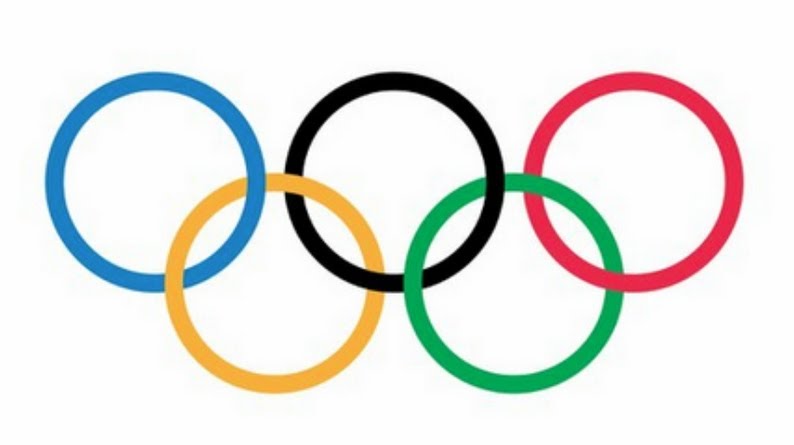Athlete Ally Responds to IOC Framework on Human Rights

September 22, 2022 — Athlete Ally responded today to the new International Olympic Committee (IOC)’s Strategic Framework on Human Rights, designed to fundamentally shape the working practices of the IOC, the Olympic Games and the Olympic Movement. This framework builds on consultations in which Athlete Ally participated as a key stakeholder, including those leading to the development of the IOC Framework on Fairness, Inclusion and Non-Discrimination on the Basis of Gender Identity and Sex Variations, released in November 2021, which underscored principles of inclusivity and the fact that transgender athletes have no inherent advantage in sport.
The IOC Human Rights Strategic Framework specifically addresses LGBTQI+ inclusion in the following ways:
- Under the topic of Inclusion (p42), stating that “as a part of the IOC Human Rights strategy, the Human Rights Unit will work with the Gender Equality and Inclusion and Safeguarding units to facilitate and promote the inclusion of all athletes.” Transgender athletes and athletes with natural sex variations are identified as being at particular risk of discrimination, and the need for them to participate in elite sport is underscored.
- Included among the 16 objectives to be completed by 2024, Objective 14 states: “Promote the IOC Framework on Fairness, Inclusion and Non-Discrimination by assisting International Federations and National Olympic Committees through the design and delivery of education support tools, materials and workshops.”
Corresponding Action items include:
- Action 14.1
Develop and deliver informational engagement with International Federations (IFs) and National Olympic Committees (NOCs) on the principles of the IOC Framework and assist IFs and NOCs in the development of their eligibility rules.
- Action 14.2
Work with the relevant International Federations and National Olympic Committees to provide a supportive and safe environment for those transgender athletes or athletes with natural sex variations who qualified to compete at the Olympic Games.
Under Objective 10 (p39), which seeks to continue strengthening the IOC’s model of athlete representation and continue to require Olympic Movement stakeholders to meaningfully engage with athletes, Action 10.2 calls for work with the IOC Athletes’ Commission to meaningfully include LGBTQIA+ athletes as representatives.
In addition to the specific points above, the Human Rights framework calls for meaningful inclusion of a variety of stakeholders and highlights the right to equality and non-discrimination, including discrimination based on age, race or ethnicity, disability, sexual orientation, gender identity, language, national or social origin, political or other opinions, religion or other statuses (p22). It also includes an Action Item (1.2, p27) calling for a review of Rule 50.2, which bans “podium protests” or political demonstrations in Olympic sites, venues or other areas, to reflect the IOC guidelines.
“The IOC’s new Human Rights Framework is a vital and valuable resource for ensuring that rights of all people are upheld throughout sport,” said Hudson Taylor, Founder and Executive Director of Athlete Ally. “We look forward to continuing our work at the international level to ensure that LGBTQI+ athletes, particularly transgender athletes and athletes with natural sex variations, are included within sport and are protected from invasive and discriminatory policies and procedures.”